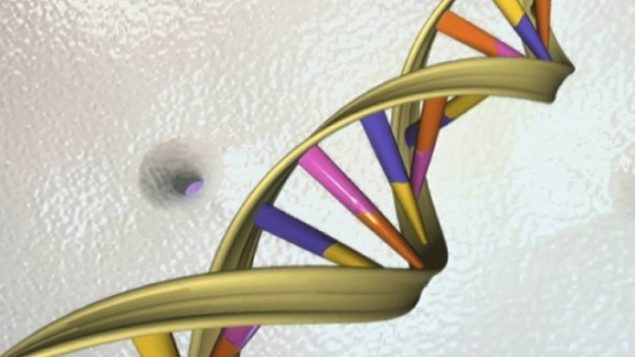A new analysis of hundreds of studies covering two decades of studies related to genetics and about 200 diseases. The result may come as a surprise to many. It finds, in most cases, little correlation between a genetic mutation and risk of the disease.
David Wishart (PhD, FRSC) t, professor in the University of Alberta’s Department of Biological Sciences , the Department of Computing Science, and the Department of Laboratory Medicine and Pathology. He is the supervising co-author on the study
ListenIt is the largest meta-analysis ever conducted into the issue of the relationship between common gene mutations, also known as single nucleotide polymorphisms (SNPs), and different diseases and conditions.

University of Alberta professor David Wishart (PhD FRSC) led the study. (John Ulan-University of Alberta)
It was published this month in the science journal PLOS ONE under the title, ‘Assessing the performance of genome-wide association studies for predicting disease risk’ (open access here)
The study found that conditions like many cancers, diabetes, obesity, Alzheimers, and many others, only have a limited genetic predisposition for getting the particular disease of five to ten per cent.
Wishart says of the result show , “Simply put, DNA is not your destiny, and SNPs are duds for disease prediction. The things that influence disease come more from what you are exposed to and diet and lifestyle”
It does note that for certain other diseases, including Crohn’s disease, celiac disease, and macular degeneration, there is a a much higher and more relevant genetic contribution of approximately 40 to 50 per cent. Still, Wishart says the results indicate the risks for getting most diseases arise from your metabolism, your environment, your lifestyle, your gut microbiome or your exposure to various kinds of nutrients, chemicals, bacteria, or viruses”.
He notes that measuring one’s metabolites, microbes or proteins, is a better predictor of health risks, versus your genes,”
Indeed, his research page notes, “Metabolites aren’t simply the “bricks and mortar” of cells or fuel for cellular energetics, they appear to have a more varied and important role as signaling molecules, immune modulators, endogenous toxins, and environmental sensors.
In short, he feels our environment plays a more relevant role in determining health and risks and “highlights the need to understand our environment and the safety or quality of our food, air, and water”.
University of Alberta-Science- YouTube
Additional information







For reasons beyond our control, and for an undetermined period of time, our comment section is now closed. However, our social networks remain open to your contributions.